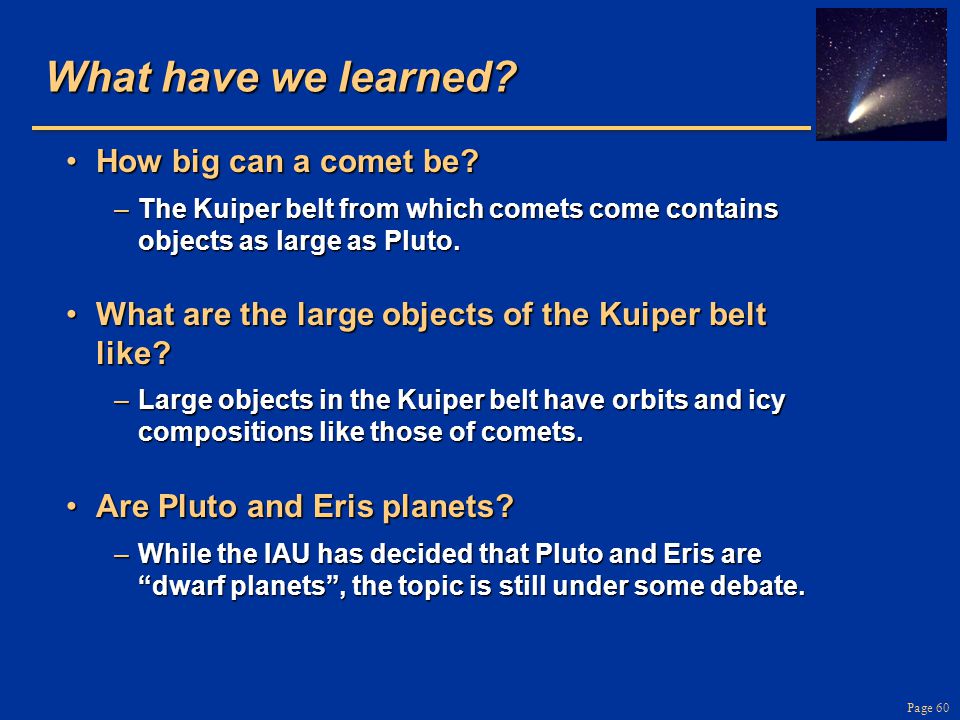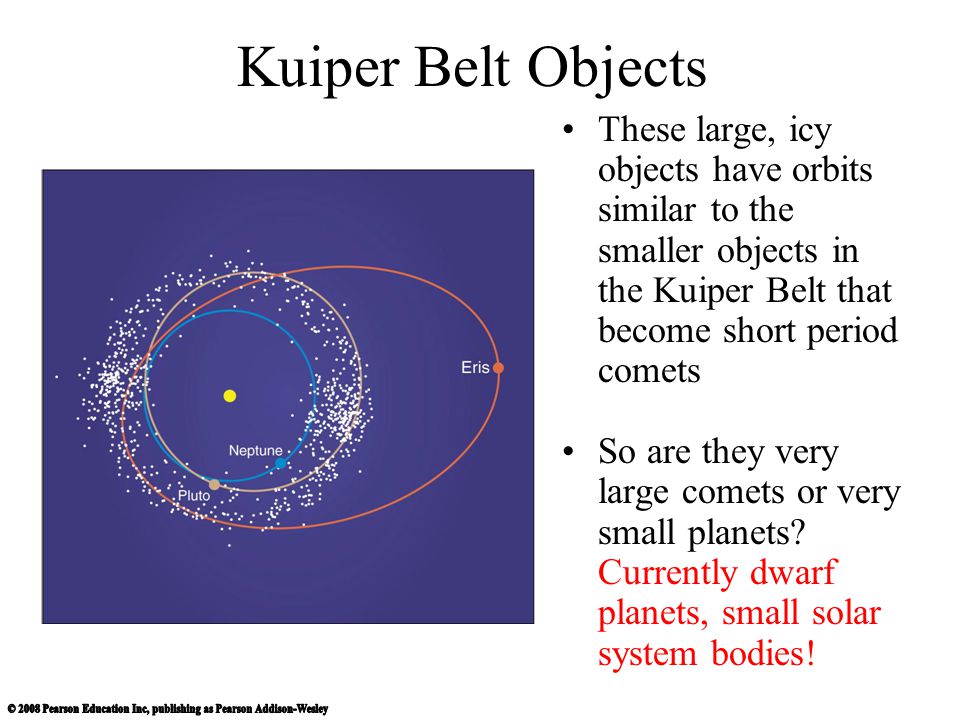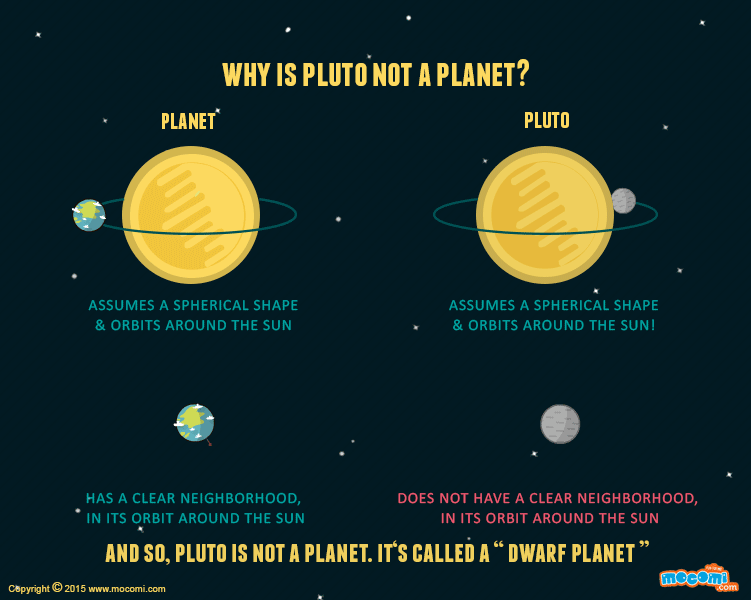JUPITERASC
Well-known member
.

Kaiousei no Senshi wrote some time ago on this thread as followsLooked up the etymology of the word "planet". Turns out, it means "wandering", or "wanderer". Nothing necessarily to do with lights in the Heavens. Is Pluto a "star"? In Modern astrology it's often given "star billing", especially when it's applied to a "Pluto generation" , or is in the 8th House. And, although it's slow moving relative to the other astrological Planets, it does eventually make a full trip through all 12 Signs, and is in that sense, a "wanderer".
Disney's cartoon character "Pluto" is a "video-Star". Pluto, the Planet, is an astrological-Star, which wanders through the astrological Signs to possibly great effect, depending on the rest of the Chart.

Dirius is correct in noting that the fact the outers carry no visible light is a major detriment to their inclusion into the classical framework. Astrology evolved alongside ancient optical theories and these theories still permeate astrological discourse to this day. Planets in aspect are said to "see" or "regard" one another and their light is often considered a transmitter of their influence.
The word "planet" originally evolved from the Greek "planetes aster", or "wandering star" and referred to the Sun, Moon, Mercury, Venus, Jupiter, Mars, and Saturn whose motion could be detected against the backdrop of fixed stars that are stable in their relative distance from one another, but all move together as one large group.
Another issue with the outer planets in general is that they lack much of the tools that the classical planets have. This isn't just referring to dignities (though that is a large part of it), but they also lack nature, sect, gender, years, winds, orbs, signatures, etc. This may all seem superfluous or unnecessary, but its significance really cannot be overstated. Without these associations, the outer planets are essentially blank orbs without instruction or meaning.
Finally, there is the issue with the meanings contemporary astrologers have given to them. Mostly they either 1) don't make sense within their own context or 2) are already taken by another planet.
About the first, a lot of the meanings of the planets have been assigned to them based on mythological interpretations or perceived mundane events happening around the time of their discovery. A lot of the mythological meanings are cherry picked and often nonsensical, like Uranus ruling rebellion, but in the myth Ouranos is the tyrannical dictator, not the freedom fighter. The mundane events are definitely cherry picked as there are many important events happening around the world at any given time. Pluto was discovered in 1930 and has taken on an association with nuclear force, but when I hear 1930s I think Great Depression and I've never heard anyone associate Pluto with financial ruination.
About the second, each of the outer planets have significations that are more or less plucked from the classical planets. Uranus's reported instability and recklessness can be found in Mercury and Mars. Neptune's illusions and mysticism can be found in the Moon. Pluto's transformation and general heavy-handedness are the domains of Mercury and Saturn. Not only does this create strange, cross-breed planets, but it makes the classical planets into flat characters when their meanings and significations are much more multifaceted in the tradition.







